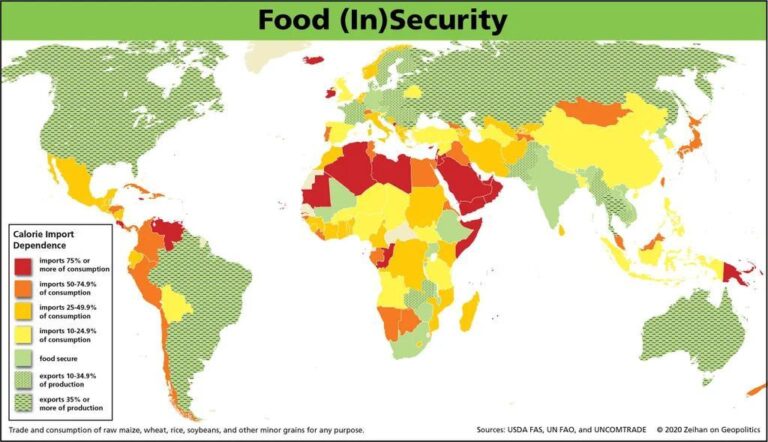The Push for Food Self-Sufficiency in Saudi Arabia
In recent years, Saudi Arabia has made significant strides towards achieving food self-sufficiency. This ambitious initiative is driven by the need to reduce dependency on imports and enhance national security.
The Importance of Food Security
Food security is a critical issue for many nations, and Saudi Arabia is no exception. The country has recognized the vulnerability that comes with relying heavily on food imports. This recognition has led to a renewed focus on agricultural development and technology.
Investment in Agricultural Technologies
To achieve self-sufficiency, the Saudi government is investing in advanced agricultural technologies. These efforts include the use of hydroponics, aquaponics, and genetically modified crops to increase local production.
Challenges to Overcome
Despite the progress, several challenges remain in the pursuit of food self-sufficiency. The harsh desert climate poses significant hurdles for traditional farming methods. As a result, innovative approaches and sustainable practices are essential for overcoming these obstacles.
Government Initiatives and Support
The Saudi government has launched various initiatives to encourage investment and research in agriculture. Programs aimed at enhancing water conservation and soil management are paramount to advancing food self-sufficiency. Furthermore, partnerships with global agricultural firms are fostering innovation.
Community Involvement
Community participation plays a vital role in the push for food self-sufficiency. Educating local farmers about sustainable practices is essential for long-term success. Local initiatives also encourage the population to adopt more sustainable eating habits, reducing food waste.
Future Prospects
The future of food self-sufficiency in Saudi Arabia looks promising, but ongoing effort is necessary. With the right mix of technology, education, and community involvement, the country could significantly reduce its dependence on food imports. For further information on this topic, visit The Borgen Project.

